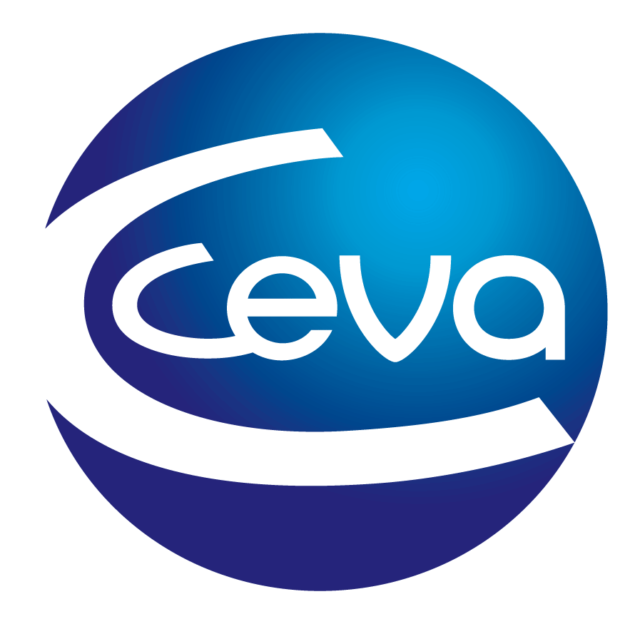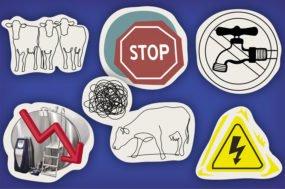What education are you bringing with you to this position?
I received a bachelor’s degree in bacteriology and a master’s degree in microbiology from Pontificia Javeriana University in Bogota, Colombia.
During my master’s degree studies, I worked with ruminants and ruminal microorganisms at Corpoica, an agricultural research institute in Colombia.
My research projects focused on determining degradation of tropical fiber by cellulolytic bacteria, which relates perfectly to my current research. Following this, I was awarded a Fullbright Scholarship to pursue a doctorate in microbiology in the U.S.
I began my studies at Washington State University and followed my supervisor to Syracuse University, where I finished my doctorate.
Please describe your agricultural background.
Since my childhood, I have been exposed to the agricultural sector. My family was involved in poultry production for more than 20 years and, later, in the livestock area.
This has allowed me to understand the challenges agricultural producers are facing. Ever since I completed my undergraduate studies in bacteriology, I have been involved in work which contributed, directly or indirectly, to improving animal health and productivity in the agricultural sector.
What territory will you cover?
My primary focus is the North American region: USA, Mexico and Canada. However, I will coordinate with the global research team and results from our research work could be useful to other regions such as Europe, Asia and South America.
What are your new responsibilities?
My main responsibility is to perform and coordinate scientific research on new direct-fed microbials and derivatives with the aim of improving gastrointestinal function and thereby increasing productivity in ruminants.
What excites you most about working in your new role?
Lallemand Animal Nutrition takes research and development seriously and invests the necessary resources for successful product development.
I love the opportunity to use my expertise and skills in microbiology to contribute to the development of products which enhance health and productivity in the livestock sector, particularly involving rumen fermentation.
How will you be of most help to producers in your region or area of expertise?
Through performing and coordinating research towards the development of scientifically proven and tested products. We also participate with local universities to perform animal trials and validate our technologies in the regions we serve.
What goals would you like to accomplish while in this position?
My hope is that I will contribute to the development of commercially available products which enhance rumen function. In the short term, I will continue promoting interdisciplinary collaboration and facilitate interaction with internal and external research groups.
I will perform and coordinate research on the effect of direct-fed microbials on rumen function and the ruminal microbial population. PD








